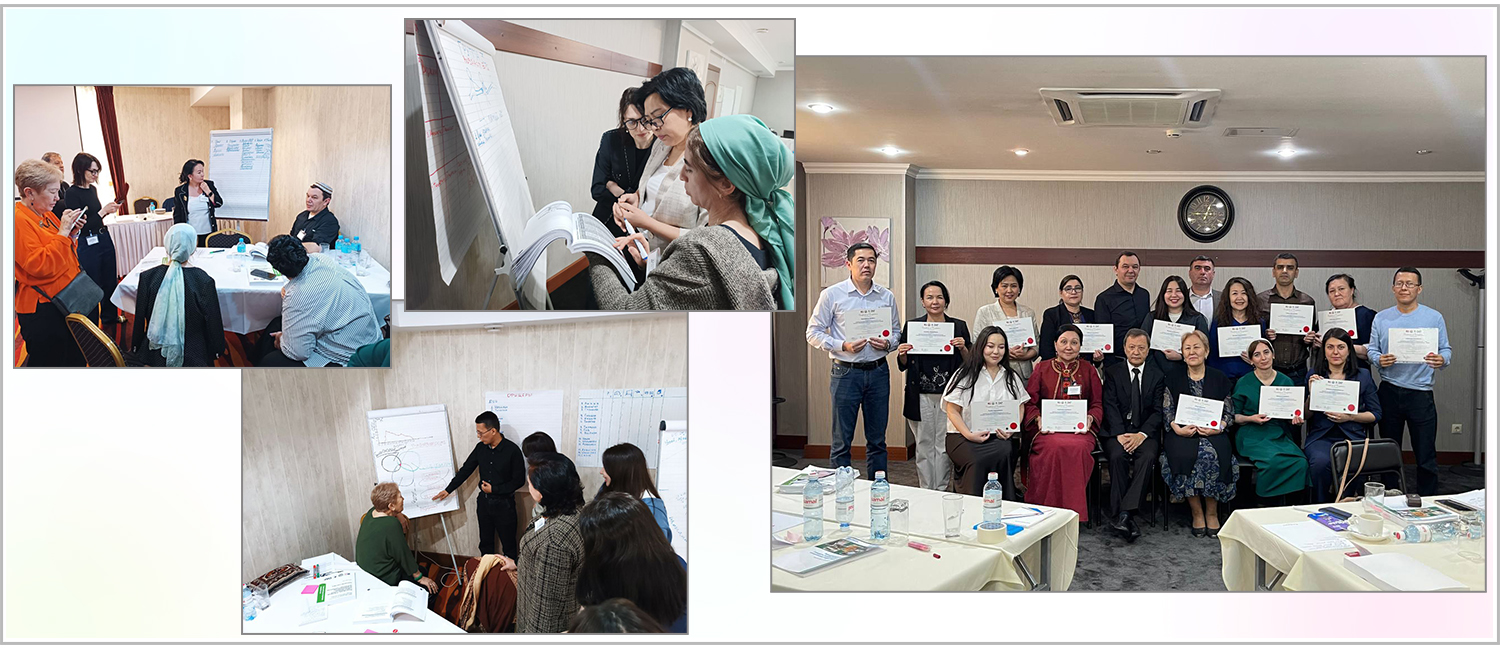
Strengthening Prevention Practices: Colombo Plan Trains Central Asian Practitioners on Universal Prevention Curriculum
In 2024 within the framework of expanding the reach of INL-sponsored DDR capacity enhancement interventions in Central Asia Colombo Plan Drug Advisory Programme (DAP) will embark on introducing UPC Practitioners series. Recognizing the significance of prevention in addressing drug-related issues, the DAP aimed to equip prevention practitioners with the necessary knowledge and skills to implement evidence-based prevention programs at the community level.
As first step of these capacity building activities DAP conducted the training of trainers (TOT) on UPC Practitioners Core Course “Introduction to the Universal Prevention Curriculum Series for Practitioners” from 15 to 20 April 2024 in Almaty, Kazakhstan for 15 prevention practitioners from 5 Central Asian countries.
The Core Course 10 is composed of 10 modules representing different aspects of prevention science and its application to practice. It was designed to give participants a foundation in the knowledge and skills needed to undertake evidence-based prevention programming at the community level.
Throughout the six-day training program, participants were introduced to fundamental concepts related to substances and their impact on the brain and body. The training enhanced their understanding of the scientific principles underlying evidence-based prevention interventions and policies. Additionally, participants delved into the leading theories that inform the development and effectiveness of prevention interventions. They also explored the Implementation Cycle and acquired specific skills necessary for effective prevention work. The training emphasized the ethical considerations underlying various aspects of prevention programming.
Towards the end of the training, participants were provided with the opportunity to apply their newfound knowledge and skills in practical contexts. They engaged in planning exercises to identify ways to implement what they had learned within their respective professional settings. Moreover, participants developed their own professional development plans, strategizing on how to further enhance their capabilities and contribute to future prevention efforts in Central Asia.
The training program was conducted under the joint capacity-building activity of the Colombo Plan and the UNODC, with financial support from the U.S. Department of State’s Bureau of International Narcotics and Law Enforcement Affairs (INL). This collaboration highlights the commitment of international organizations and governments to work together in strengthening prevention practices and addressing drug demand reduction in Central Asia.


